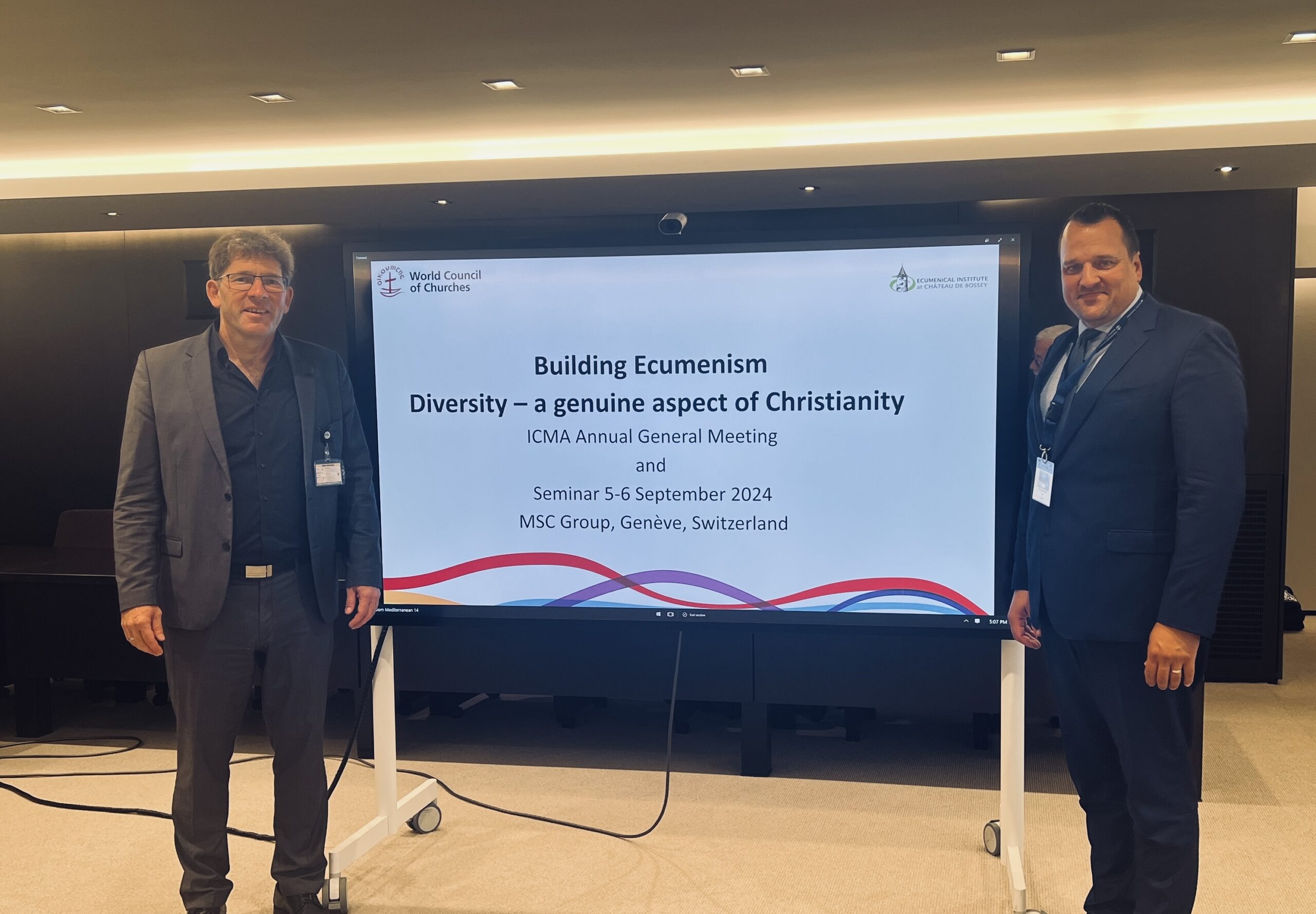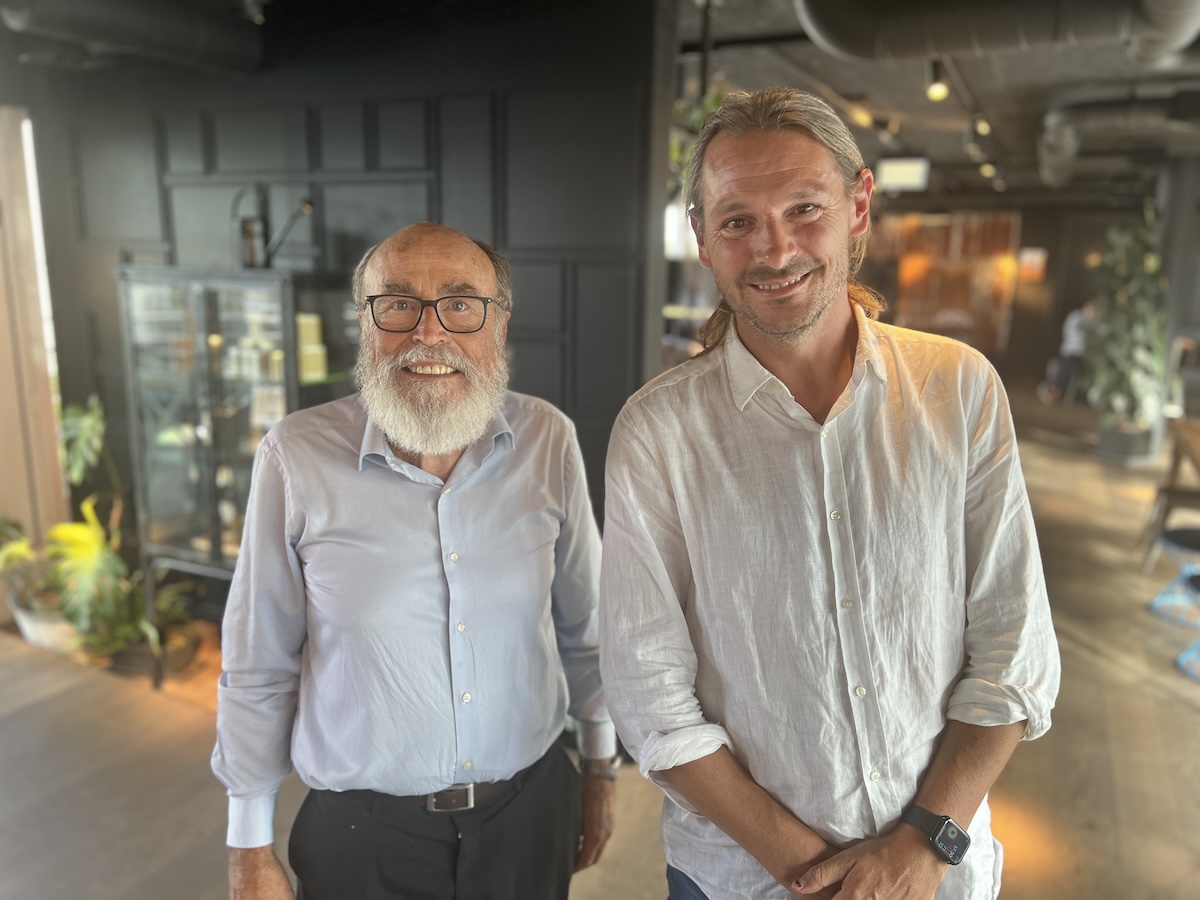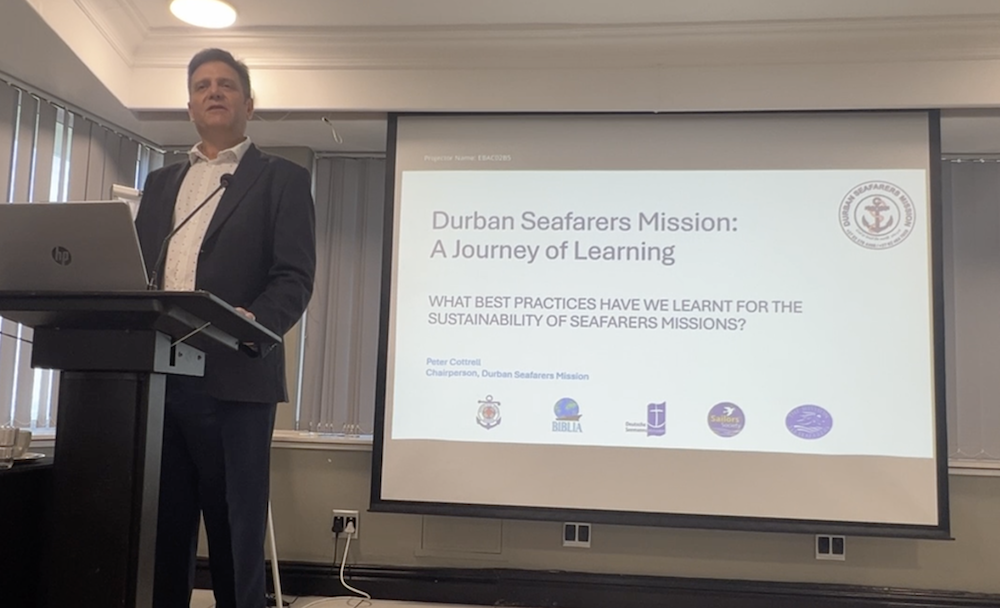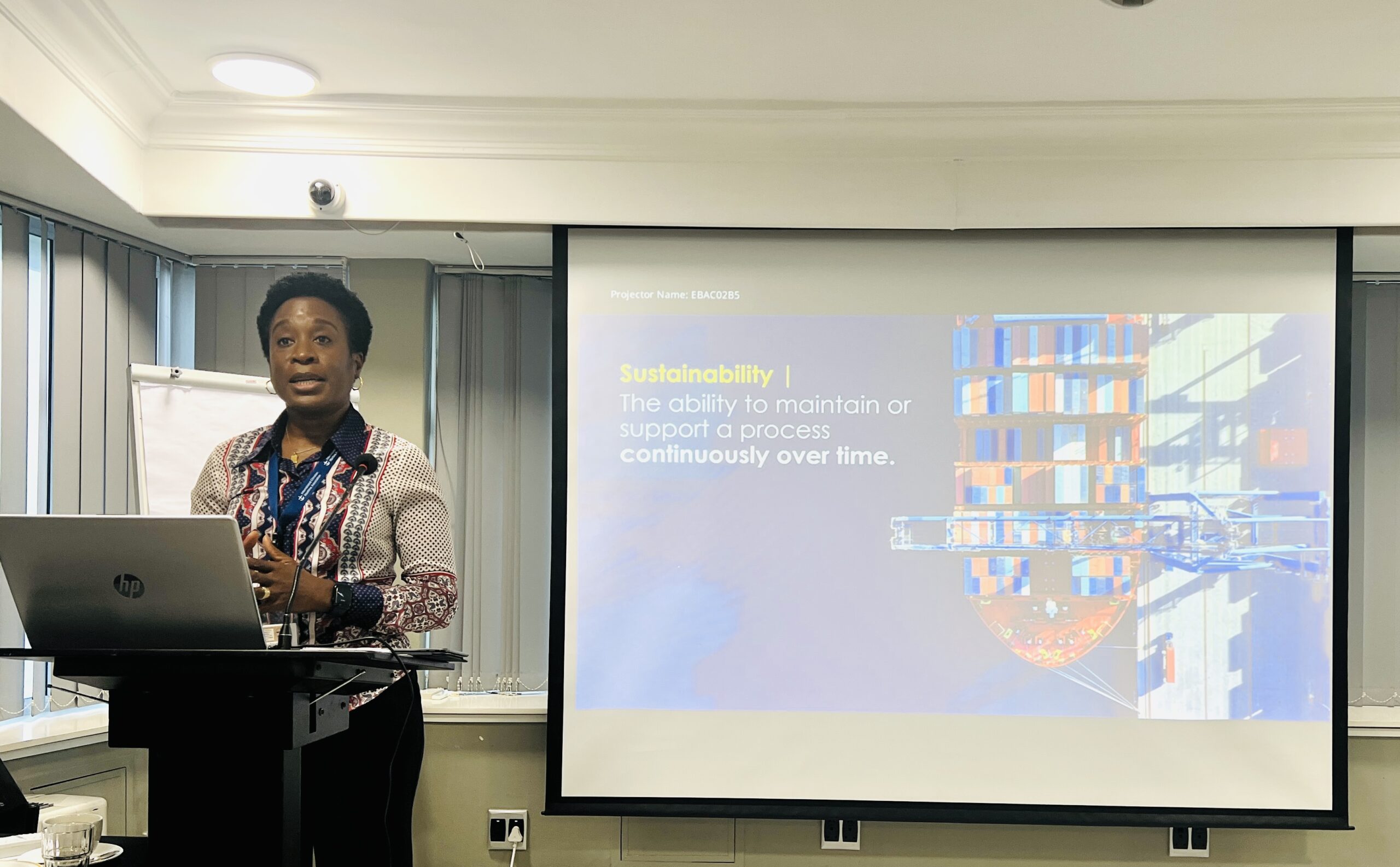At the recent International Christian Maritime Association (ICMA) Members’ Meeting in Geneva, the Rev’d Dr. Benjamin Simon led a thought-provoking session on “Building Ecumenism.” This workshop, held at the headquarters of MSC Group, the world’s largest container shipping company, delved into the complexities and opportunities of Christian unity in the diverse landscape of seafarer ministries. ICMA, founded in 1969 with support from the World Council of Churches (WCC) in the first years of its existence, has always prioritized ecumenism, aiming to foster collaboration among Christian communities for the benefit of seafarers, fishers, and their families. Dr. Simon, the Dean of the Bossey Institute at WCC, brought a wealth of knowledge from his work on migration, diaspora, and European and African Christianity, enriching the session with his global perspective.
Dr. Simon opened by acknowledging the vast diversity within the WCC, which comprises 352 member churches. He pointed out that for both Christians and non-Christians alike, this diversity can be overwhelming and, at times, confusing. One of the striking points he made was about the tendency of Christian communities to fragment. However, Dr. Simon emphasized that diversity is not a flaw but rather a natural and integral part of Christianity. To illustrate this, he referenced the four Gospels, each written for different audiences and with distinct perspectives, reflecting the cultural and theological richness of the Christian tradition.
For Dr. Simon, diversity is not only biblical but also deeply rooted in culture. He stressed that any discussion about Christianity must take into account its cultural context. Christianity, he said, is enculturated, and this is a positive aspect that should be embraced. Drawing on the analogy of the “cultural iceberg,” he explained that while we often see the surface-level differences between cultures—such as food, music, or customs—the deeper layers, such as communication styles and religious beliefs, require more effort, patience, and empathy to understand. This deeper engagement with culture, he argued, is essential for fostering true ecumenical dialogue and unity.
The history of the WCC’s efforts toward ecumenism has not been without challenges, as Dr. Simon noted, but it has also been marked by significant milestones. He recounted key moments in the WCC’s journey, such as the Toronto Statement of 1950, which called for churches to remain in fellowship and explore their differences with mutual respect. The WCC’s gatherings in Nairobi in 1975, Busan in 2013, and Karlsruhe in 2022 further solidified its commitment to unity, not just in staying together or praying together, but in actively moving forward on a “pilgrimage of justice and peace.”
Dr. Simon proposed four key methods for moving forward in unity amidst diversity. The first is convergence, where churches find areas of collaboration, even if deep theological differences prevent full agreement. This approach, developed from “Faith & Order”, encourages churches to act together wherever possible, and convergence documents help facilitate a unified voice on various issues.
The second method is moral discernment, which recognizes that since the 1980s, new moral and ethical questions have emerged, many of them deeply rooted in cultural contexts. The WCC doesn’t aim to solve these issues for individual churches, but it brings them together for discussion, creating a space where different theological perspectives can engage in dialogue at a meta-level.
The third method is consensus decision-making, a process that avoids majority votes in favor of ensuring that every voice is heard. This approach, developed in part to address the concerns of Orthodox churches within the WCC, focuses on prayerful discernment and allows time for all participants to reach consensus. It is a slower process but one that emphasizes unity and inclusivity.
The final method Dr. Simon discussed was receptive ecumenism, an academic approach that encourages Christians to listen respectfully to others and to be open to integrating aspects of different traditions, liturgies, or theologies into their own practices. This openness, he suggested, is vital for moving forward in a diverse Christian landscape.
In his conclusion, Dr. Simon reaffirmed that diversity is not a reason for division but rather an enriching and stimulating aspect of Christian life. The key, he argued, is to embrace this diversity with humility, recognizing that different hermeneutical approaches—how we interpret Scripture—are both valid and necessary. The goal is not uniformity but unity in diversity, a principle that lies at the heart of ecumenical work.
Following Dr. Simon’s presentation, the meeting participants broke into small groups to discuss how these principles of ecumenism could be applied within their own organizations. The discussions highlighted the incarnational nature of seafarer ministry, with many participants reflecting on the need to see the reflection of God in the seafarers they serve. There was a strong consensus that, despite differences in church politics, the primary focus should always be the welfare of seafarers. As one participant noted, “there is much more that unites us than divides us,” and in the day-to-day work of seafarer ministry, these important divisions often become practically irrelevant.
The workshop provided participants with practical tools to navigate Christian diversity and build ecumenism within their ministries. It reinforced the idea that while theological differences will always exist, there is great value in working together for the common good. At the core of these discussions was a shared commitment to serving seafarers with love and compassion, reflecting the Christian mission to care for those in need. This, Dr. Simon suggested, is the true expression of unity in diversity—a unity that strengthens rather than diminishes the Christian witness in the world.





